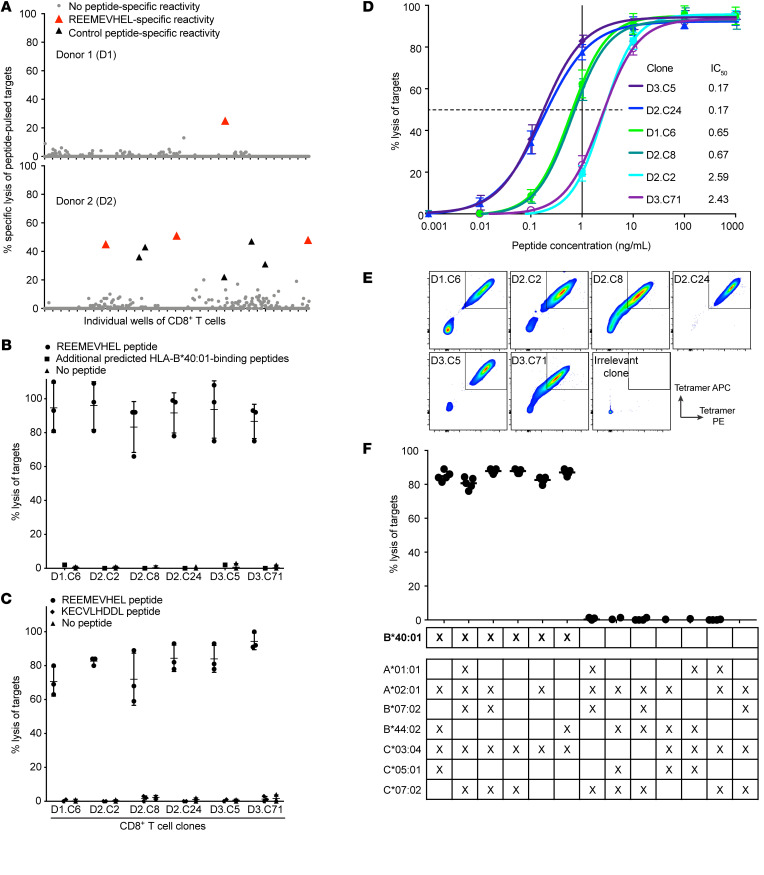Figure 2. Highly avid CD8+ T cells recognizing an HLA-B*40:01–restricted epitope of CBFB-MYH11 can be isolated from healthy donors.
(A) Percentage specific lysis of peptide-pulsed targets for individual wells of CD8+ T cell lines after in vitro peptide stimulation of 2 HLA-B*40:01+ donors. Percent specific lysis was calculated as percent lysis of peptide-pulsed targets minus percent lysis of no-peptide targets to remove nonspecific reactivity to autologous target cells alone. Gray circles indicate wells with no peptide-specific reactivity. The single-peptide specificity of T cells in wells with peptide-specific lysis was subsequently determined: red triangles, REEMEVHEL-specific T cells; black triangles, T cells specific for control (known immunogenic, non–CBFB-MYH11) epitopes. Each plot depicts a single experiment. (B) Percentage lysis of HLA-B*40:01+ LCL targets with REEMEVHEL peptide (circles), pooled additional predicted HLA-B*40:01–binding peptides (squares), or no exogenous peptide (triangles) by REEMEVHEL-specific CD8+ T cell clones isolated from 3 healthy donors in 4-hour CRA. (C) Percentage lysis of HLA-B*40:01+ LCL targets with either REEMEVHEL peptide (circles), known HLA-B*40:01–binding peptide KECVLHDDL (diamonds), or no exogenous peptide (triangles) by REEMEVHEL-specific CD8+ T cell clones in 4-hour CRA. For B and C, peptides were used at 1000 ng/mL each; error bars are SD of 3 biological replicates. (D) Percentage lysis of targets pulsed with various concentrations of REEMEVHEL peptide by REEMEVHEL-specific CD8+ T cell clones. Mean and SEM of 3 technical replicates are shown. (E) Representative flow plots (from 3 experiments) of CBFB-MYH11/HLA-B*40:01 pHLA tetramer staining of REEMEVHEL-specific T cell clones and an irrelevant clone specific for an epitope (IPRAHNRLV) presented on HLA-B*07:02 (negative control). Cells are gated on live single CD4–CD8+ cells. (F) Percentage lysis of REEMEVHEL-pulsed LCLs (1000 ng/mL) with varying HLA types (including all class I HLA types of the 3 donors) by 6 REEMEVHEL-specific T cell clones.

